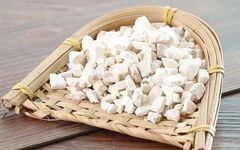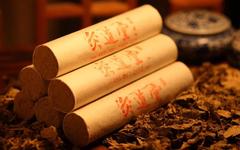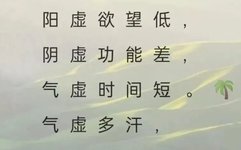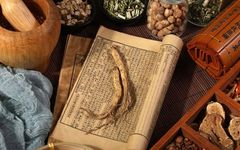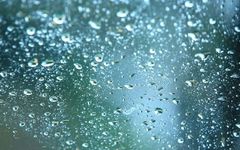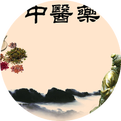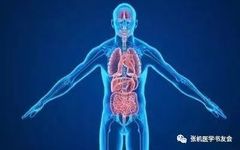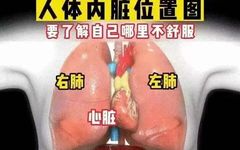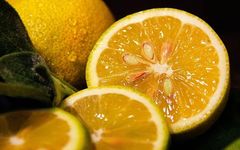Traditional Chinese Medicine: Fu Ling (Poria)
Disease Inquiry, Health Guidance, Classic Health Preservation, Traditional Chinese Medicine and Herbal Medicine, No Need to Seek Help When Sick PinyinFú Línɡ Alias Fú Tū (《Bencao Jing》), Fú Línɡ (《Shiji》), Fú Lín (《Guangya》), Fú Línɡ, Fú Tū (《Tang Bencao》), Sōng Yú (《Jishi Zhu》), Jiàng Chén Fú Tái (《Youyang Zazhu》), Yún Lín (《Dianhai Yuheng Zhi》), Fú … Read more

